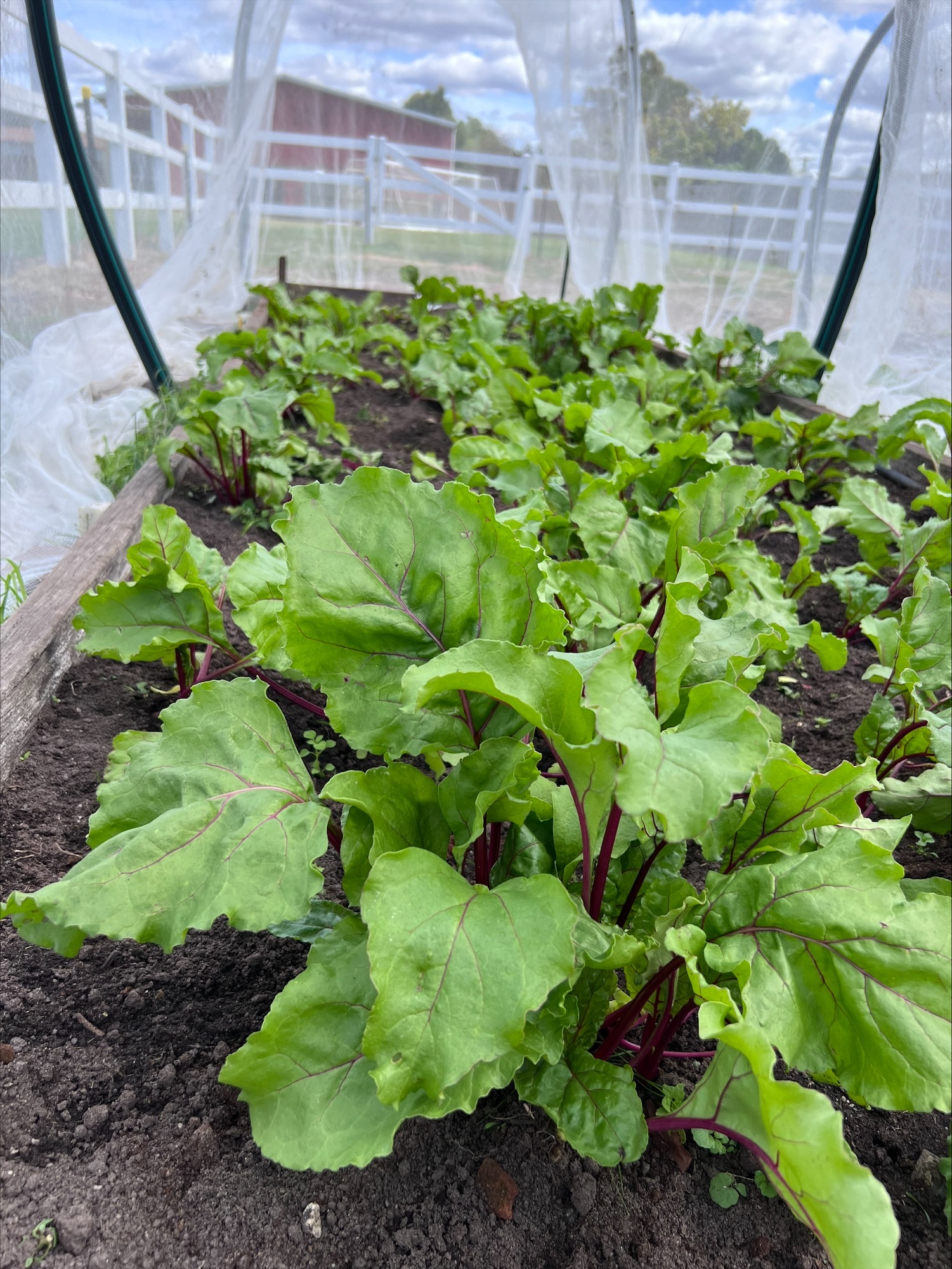Hybrid Side event at the 2024 Prince Mahidol Award Conference
23 January 2024, Bangkok, Thailand
The WHO Evidence to
Policy and Impact Unit (Research for Health Department) and the Evidence Unit
of the WHO Global Centre for Traditional Medicine are are hosting a collaborative side event at the 2024 Prince Mahidol Award Conference (PMAC) exploring the current state of Evidence-informed policy-making (EIDM) institutionalization globally and the implications of its intersections with Traditional, Complementary, and Integrative Medicine (TCIM) in fostering inclusivity, health equity, epistemic justice, and decolonial global health governance. The side event will explore potential mechanisms (infrastructure, conditions, frameworks) for enhancing the use of evidence in global policy development toward realizing TCIM’s contribution to health and wellbeing.
The use of evidence in policy and decision-making has exponentially grown, and it is now considered standard practice within health systems. However, the gap between research and practice persists. The WHO has advanced initiatives that promote the institutionalization of Evidence-informed decision/policy-making (EIDM), such the Evidence-Informed Policy Network (EVIPNet), and tools, such as the WHO checklist for supporting the routine use of evidence during the policy-making process. The checklist, currently pilot-tested to assess its validity and feasibility, highlights six domains (governance; standards and routinized processes; leadership and commitment; resources and capacity-building/strengthening; partnership, collective action, and support; and culture), and five processes of EIDM institutionalization.
The Gujarat Declaration of the first WHO Global Summit on Traditional Medicine (17-18 August 2023, Gandhinagar, India) articulated an action agenda including a focus on research and evidence. It proposed “making appropriate use of existing and new research, evidence syntheses and knowledge translation principles and WHO initiatives.” It also recommended capacity strengthening “to produce, translate and use TCIM research and Indigenous knowledges” and supporting “the evidence-based integration of TCIM in national health policies and systems based on highest quality research.”
This side event, a first step in advancing toward the evidence-related proposals of the Gujarat Declaration, seeks to assess the advances and challenges of integrating TCIM in EIDM institutionalization globally and the needed conditions to strengthen it.








